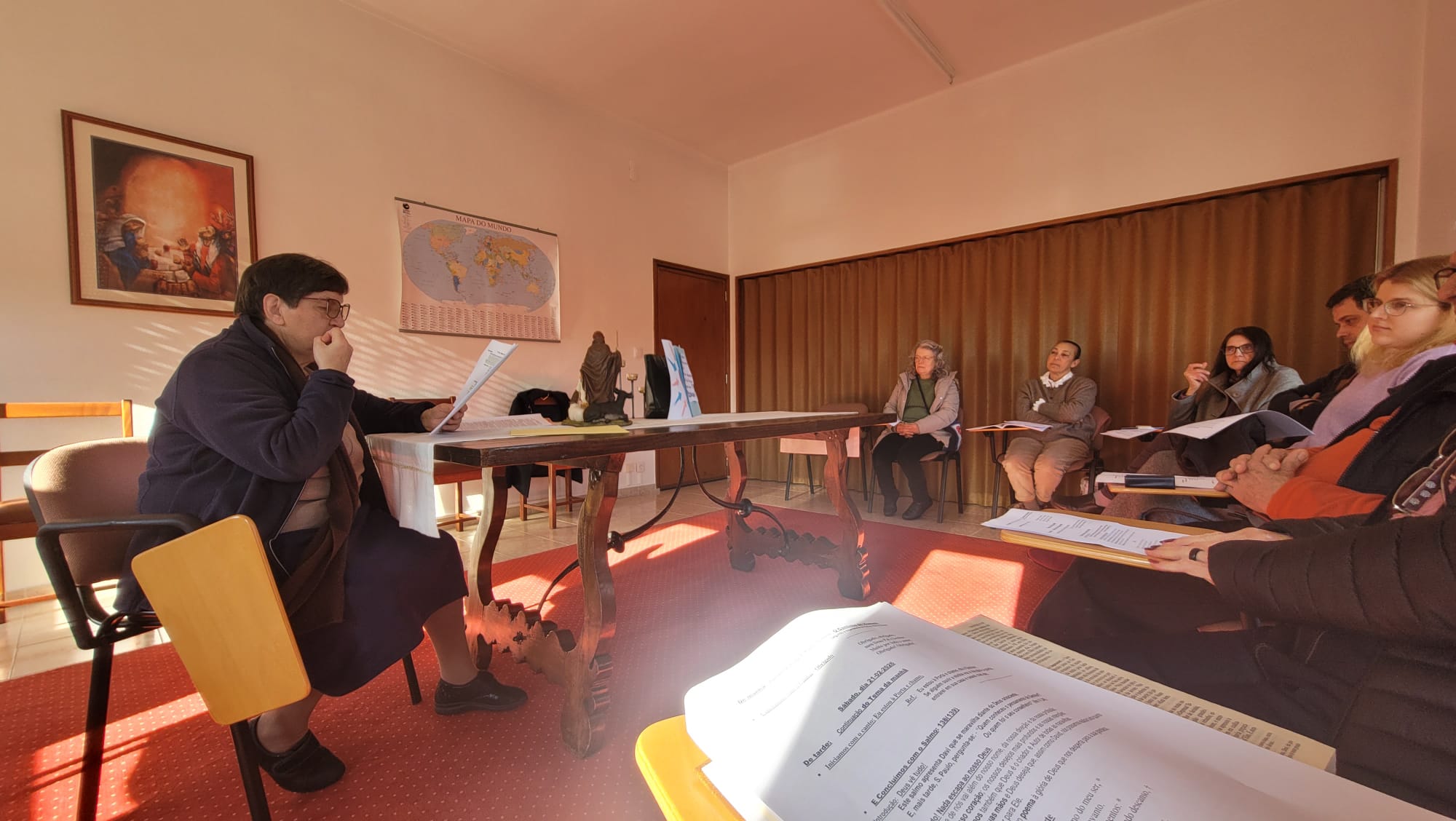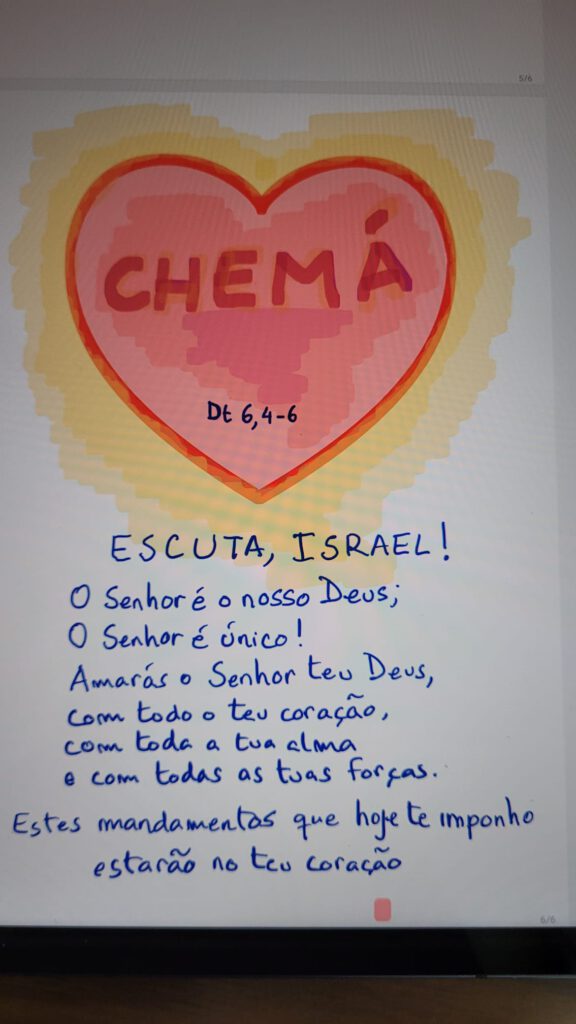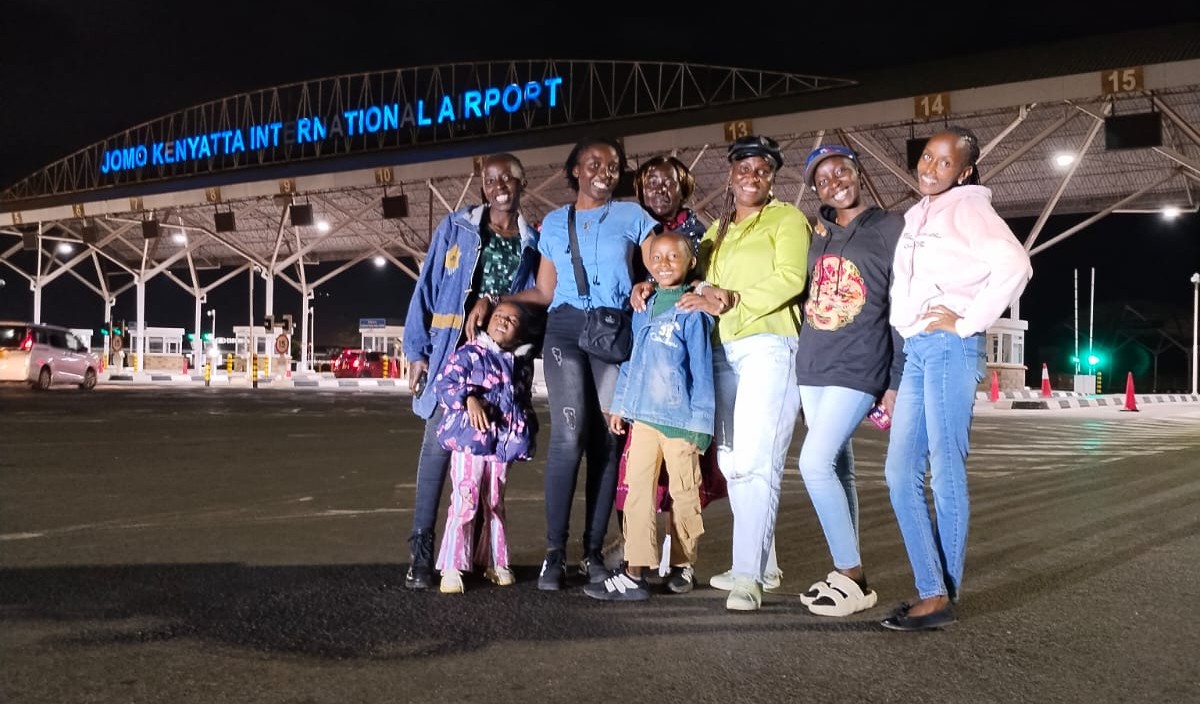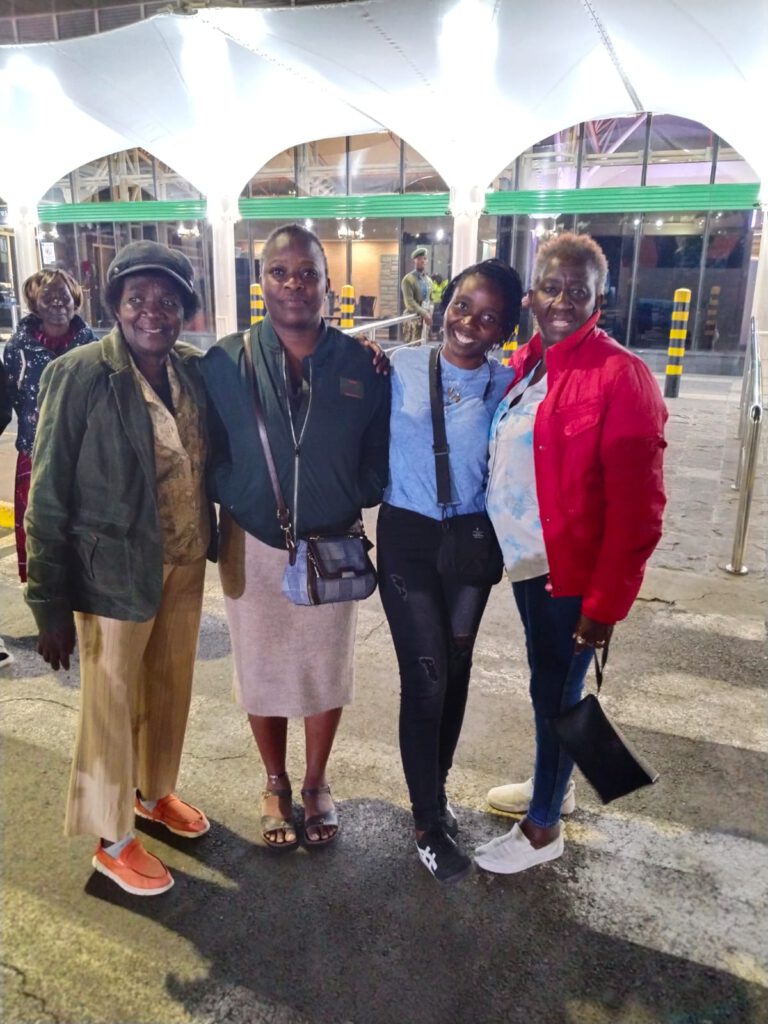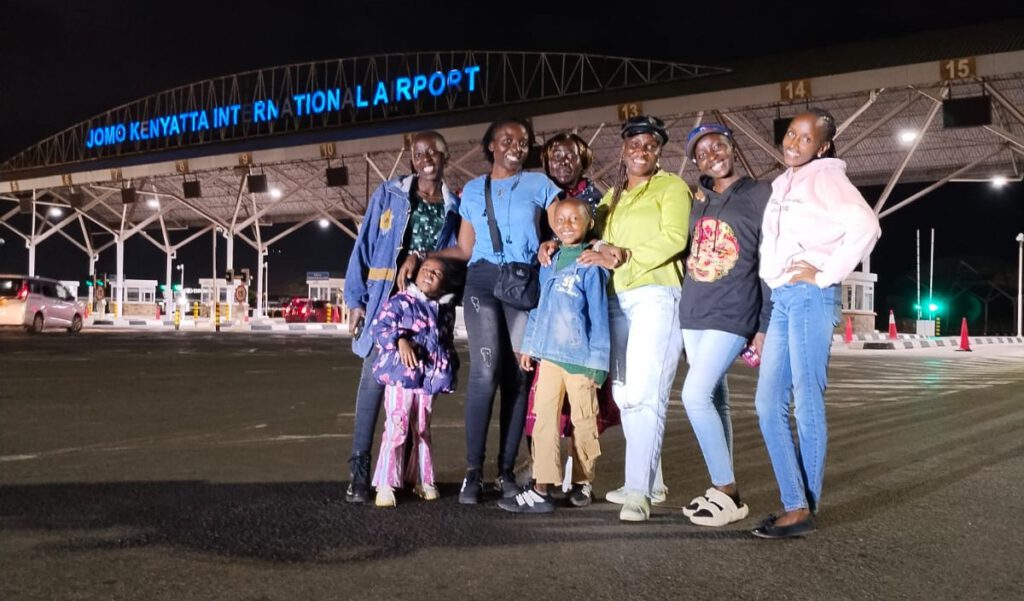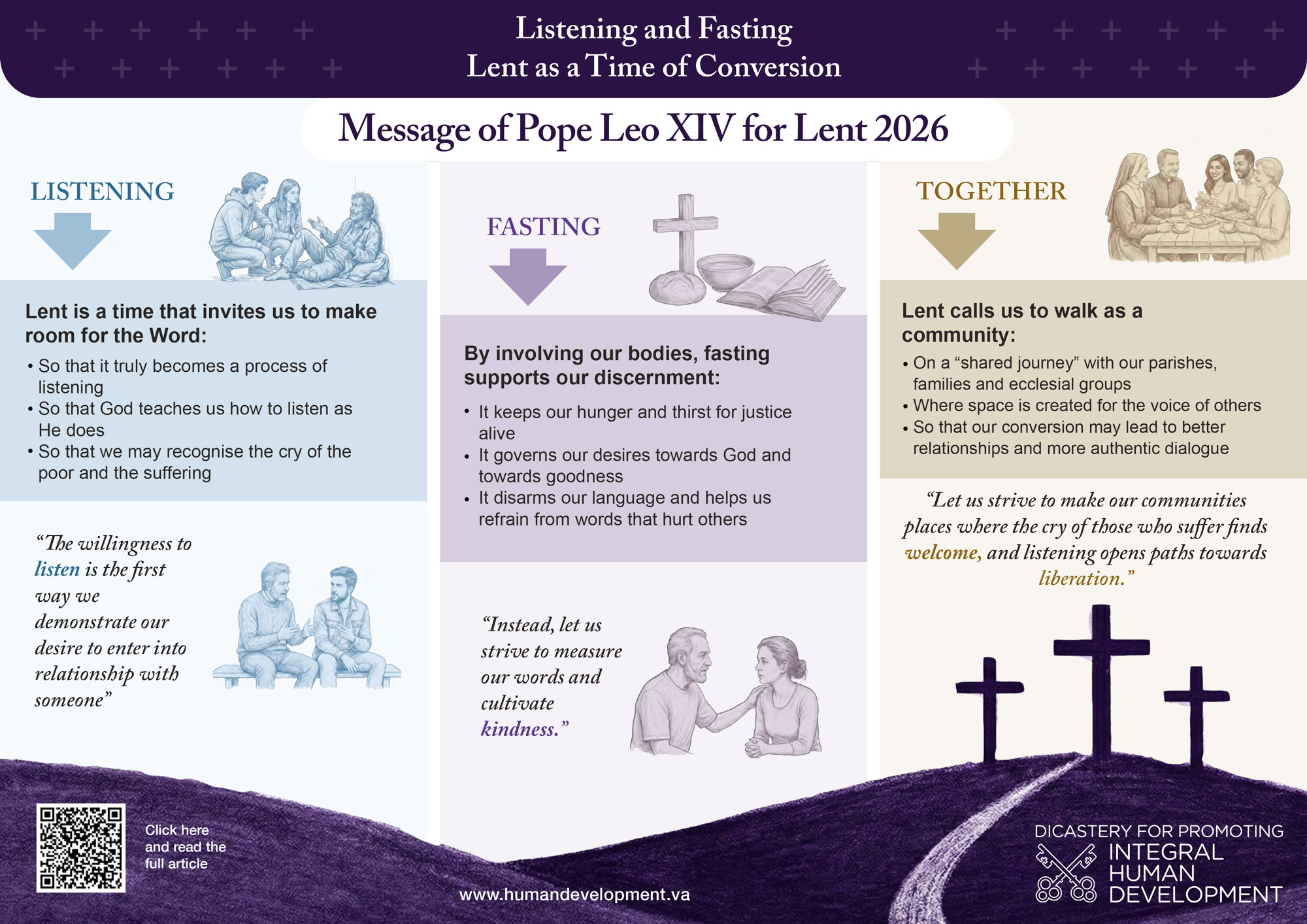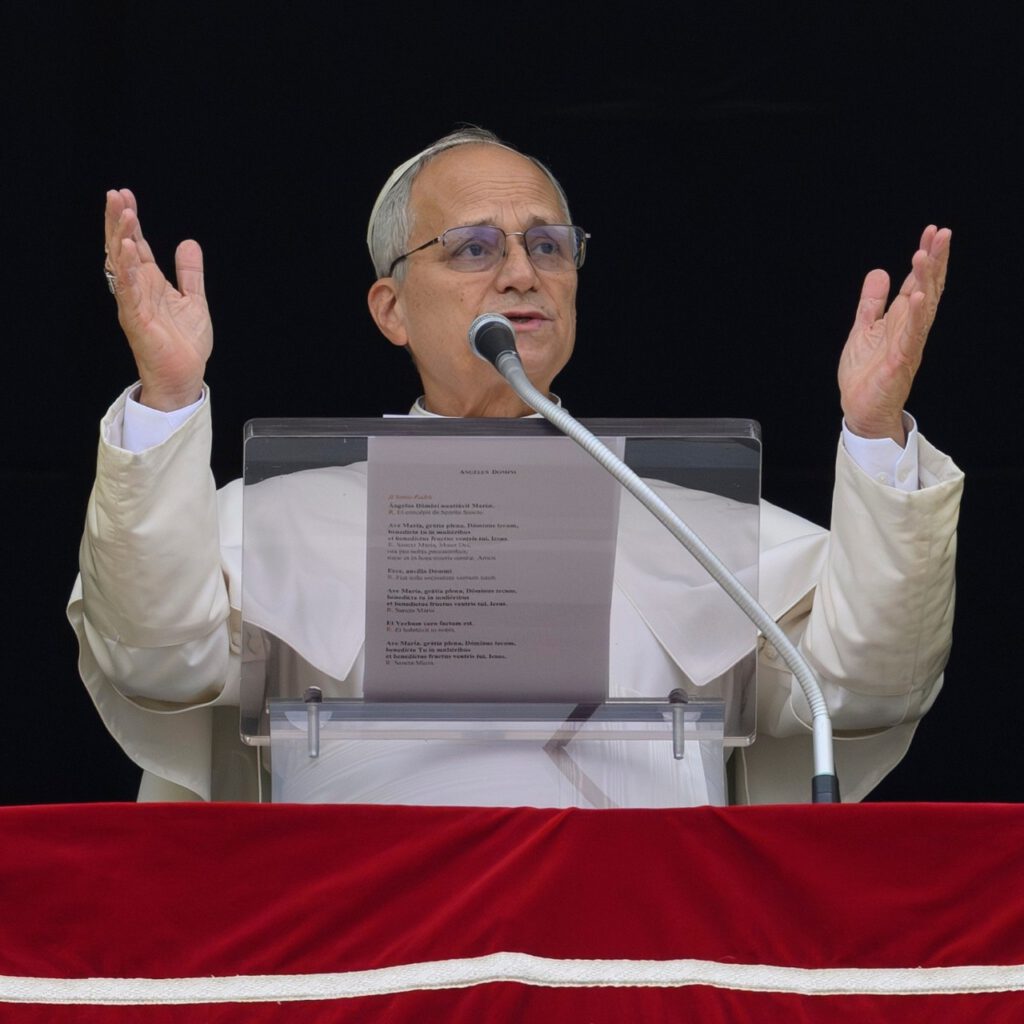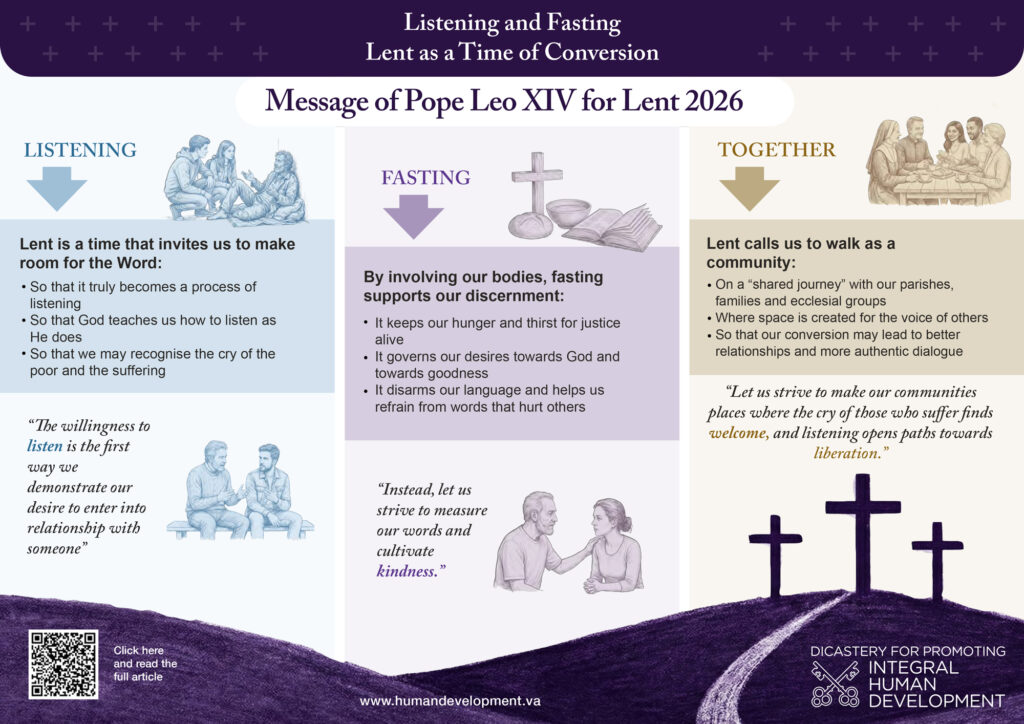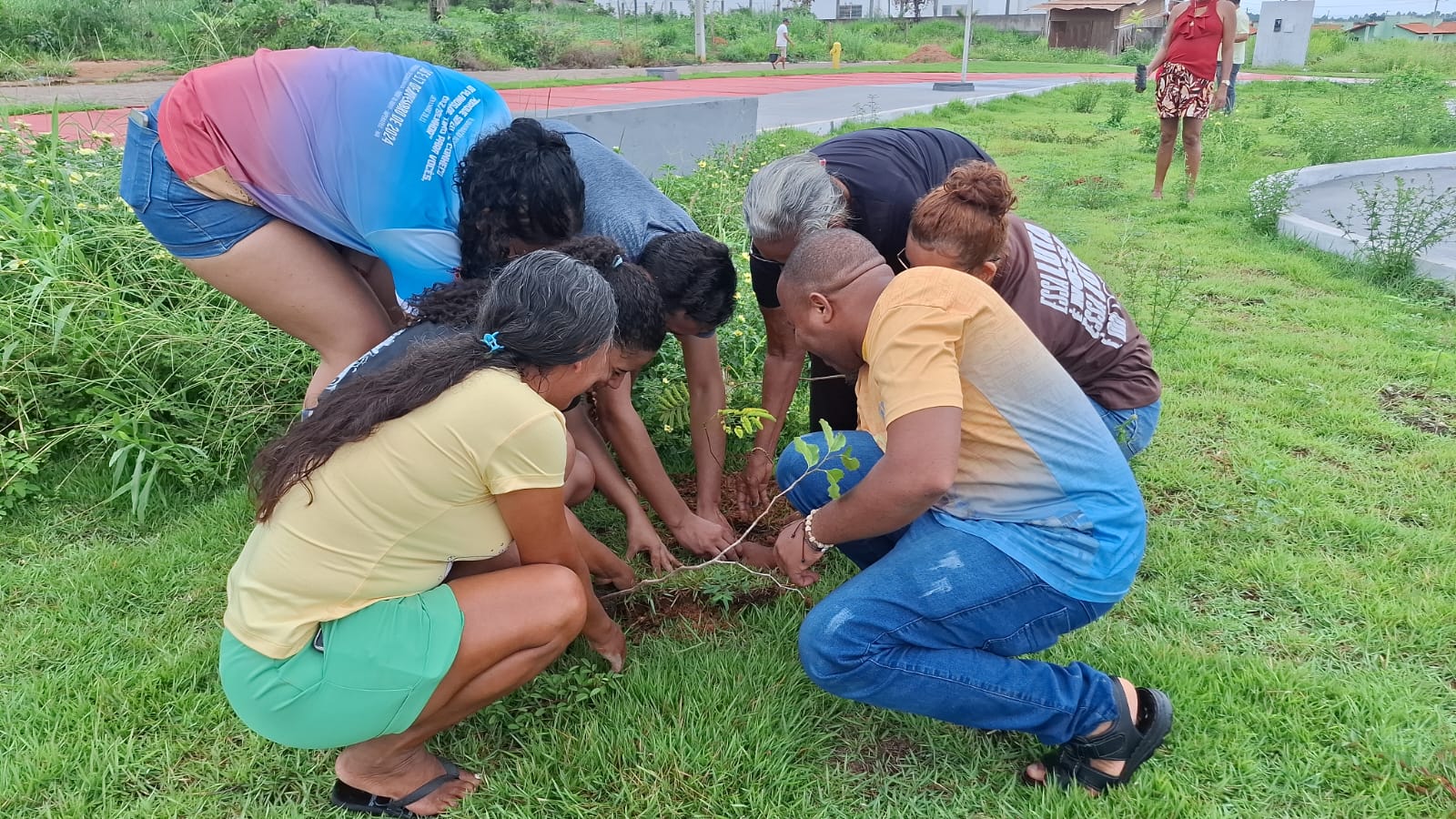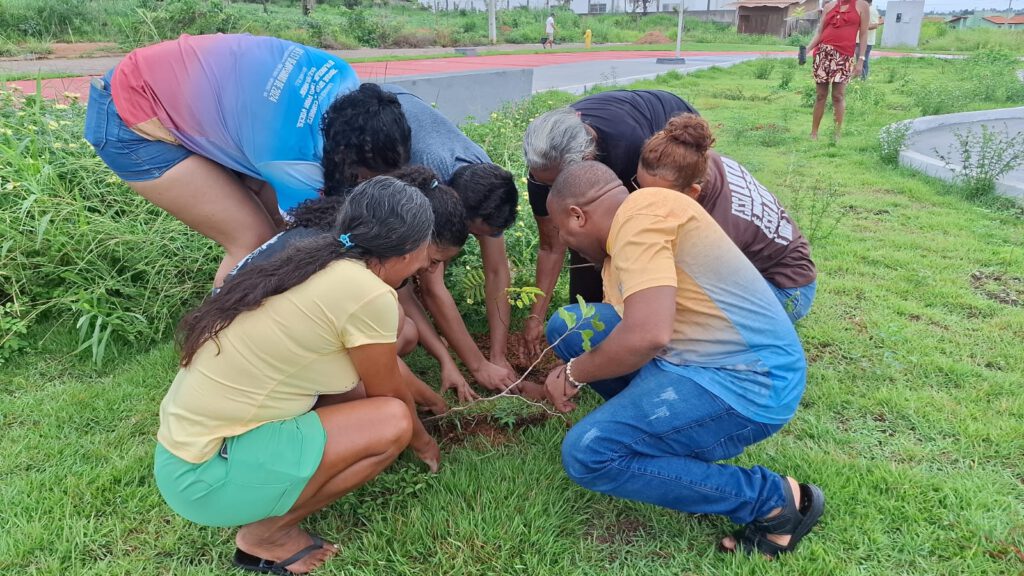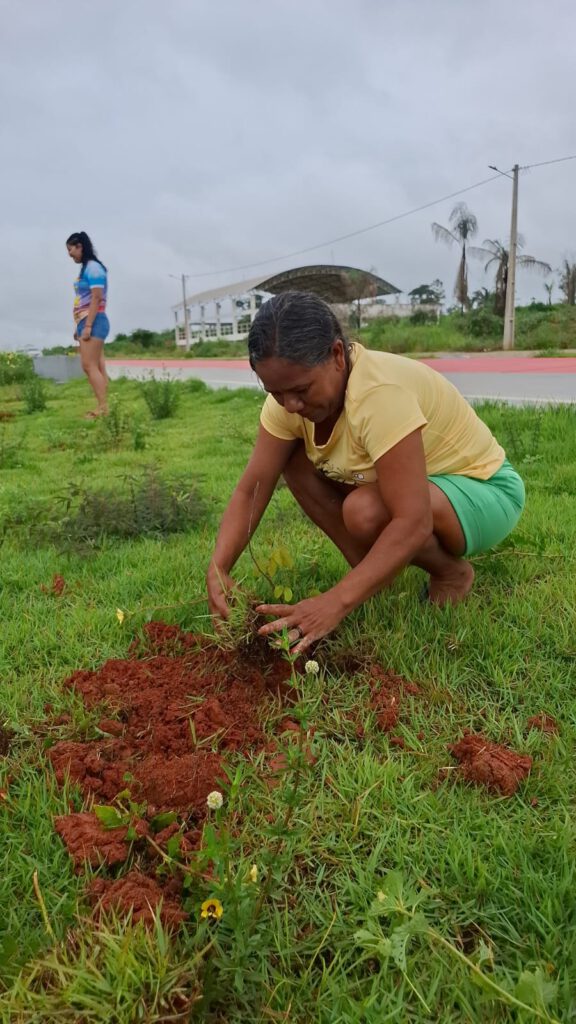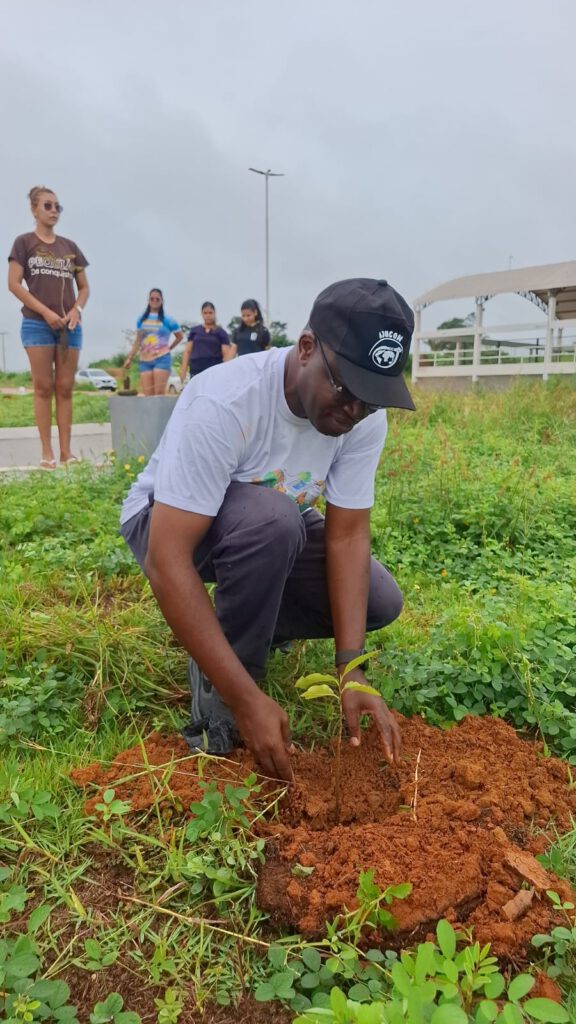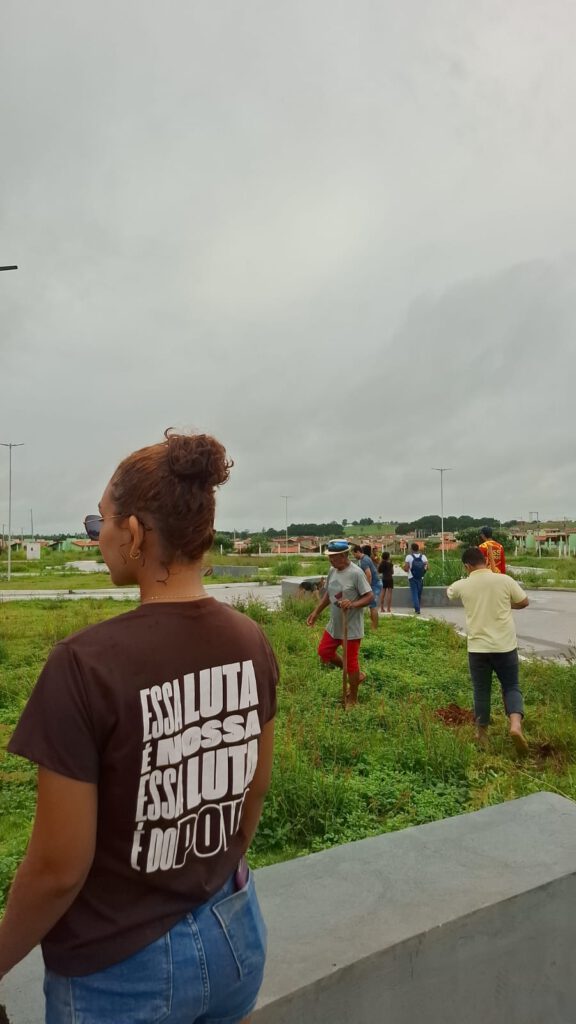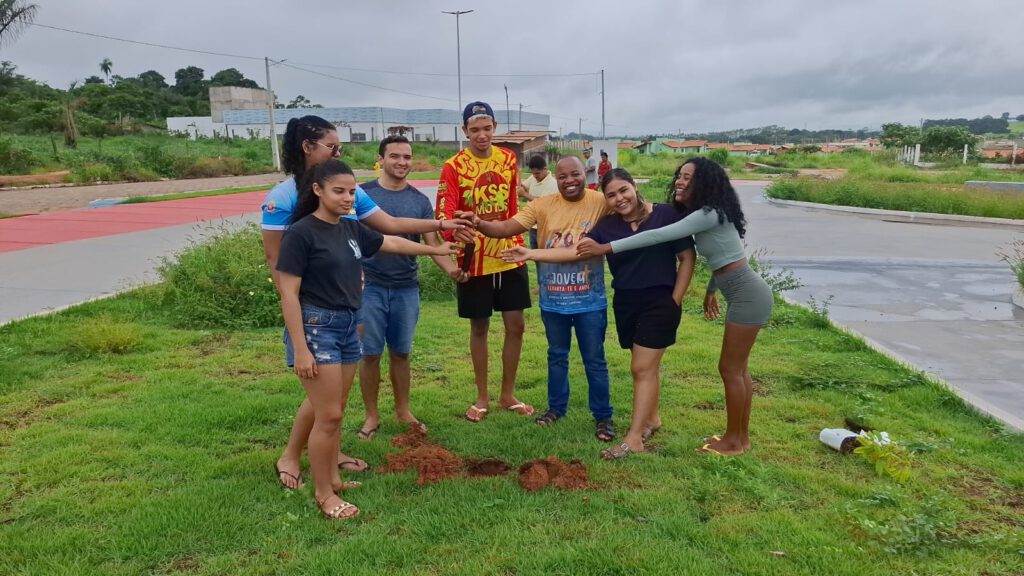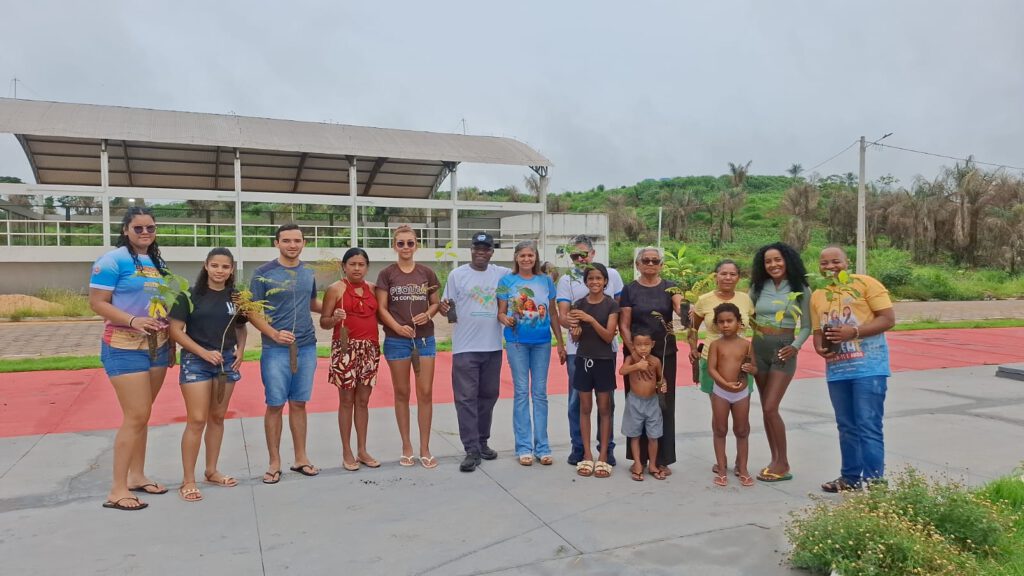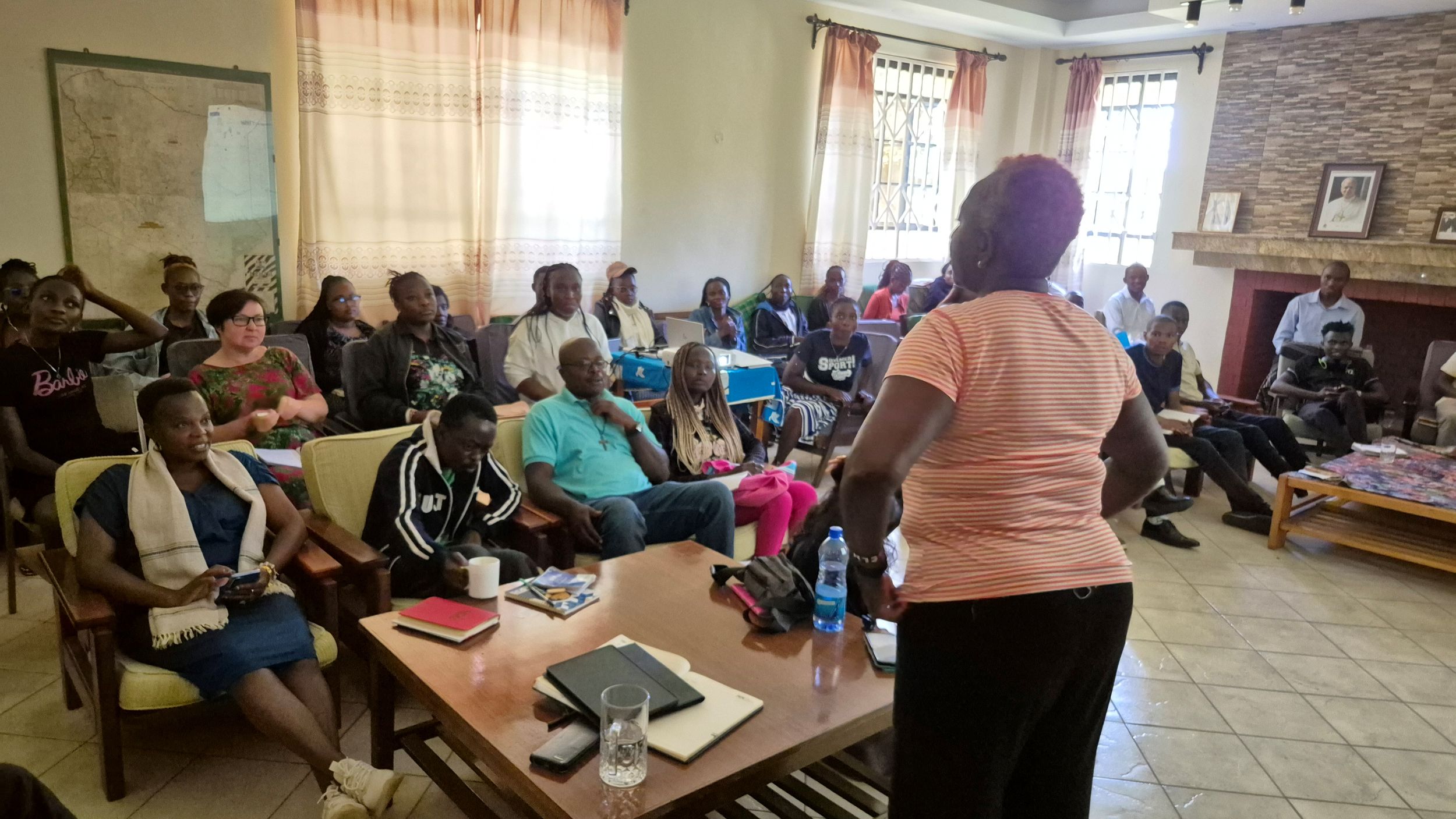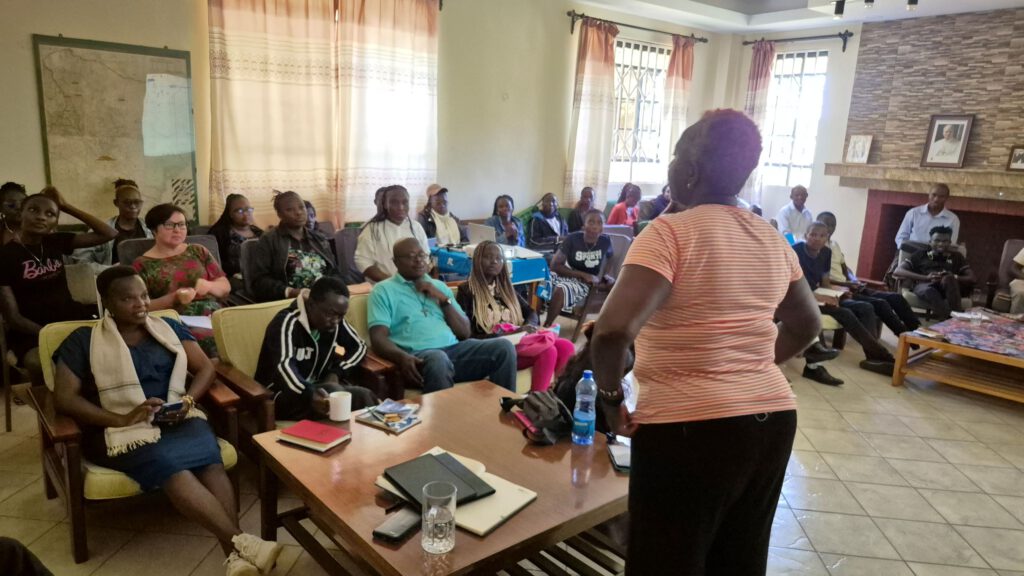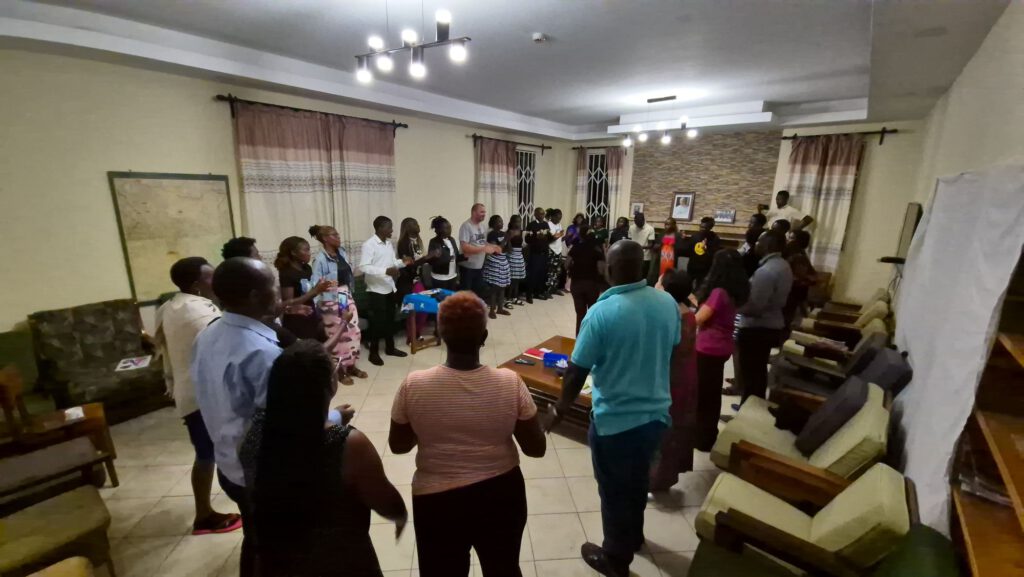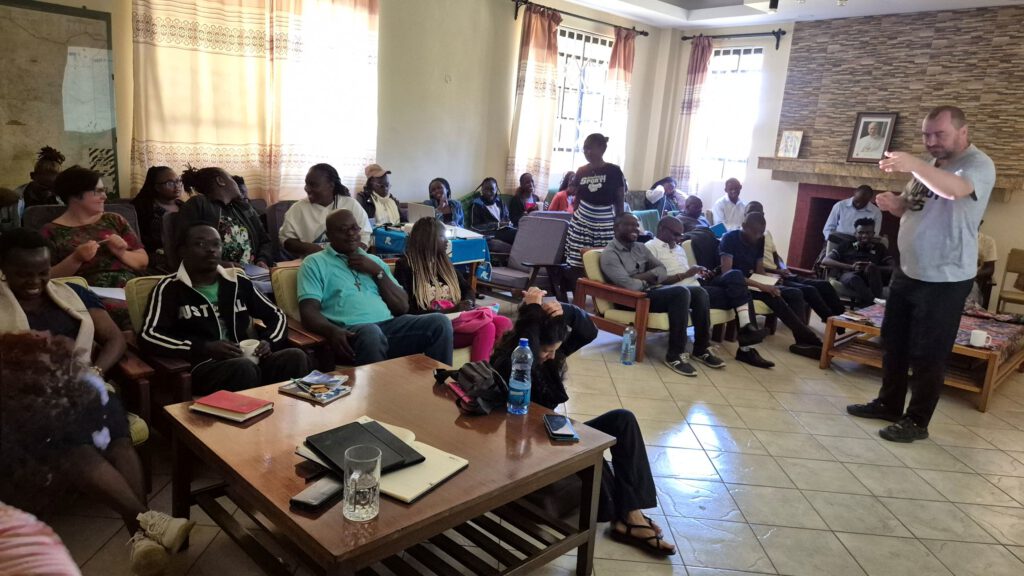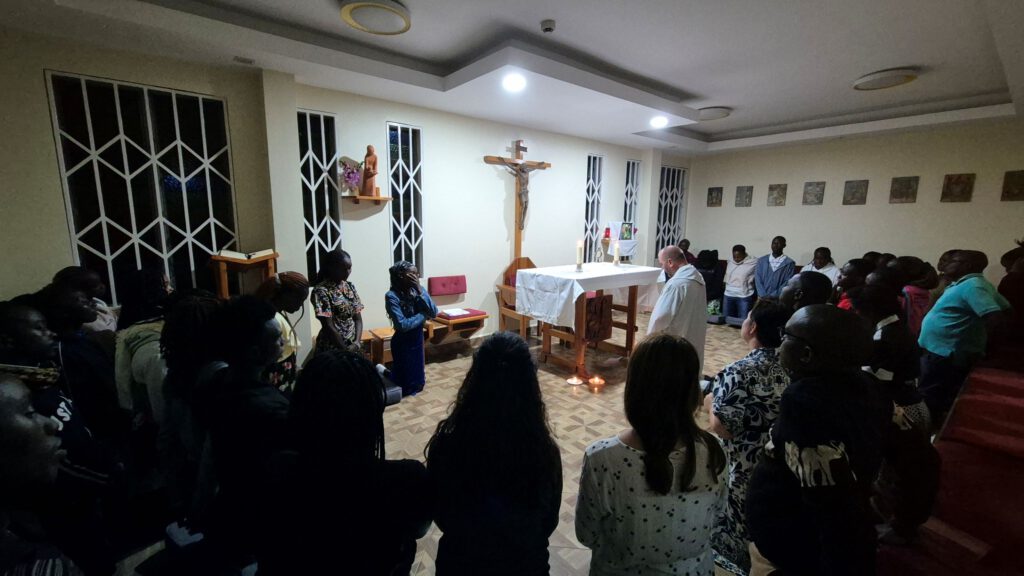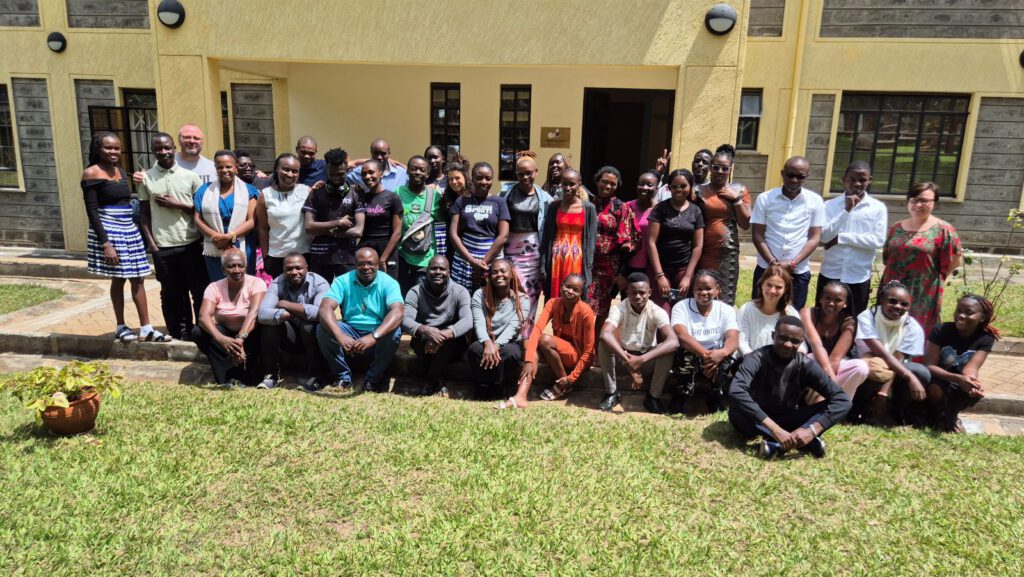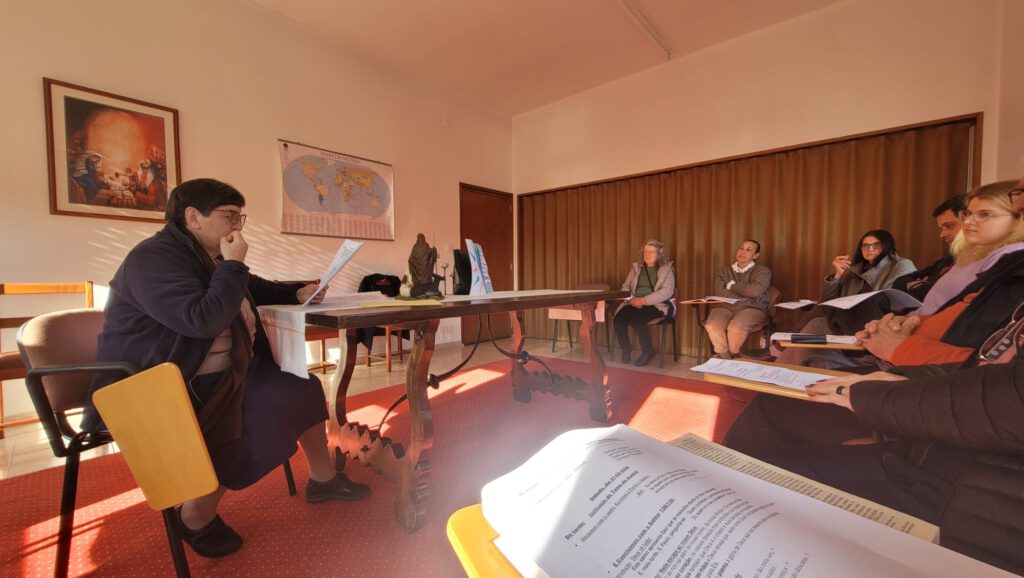
This year, the CLM Lenten Retreat gave me the opportunity to visit and deepen God’s Covenant with me and with us.
With His Grace, I was able to remember more or less obvious truths and discover other more subtle, but also more revealing ones.
What is the extent of this Covenant?
To begin with, God reminded me that His Covenant is eternal.
But He also revealed to me that this eternity is not limited to “my eternity,” but extends to all who dwell in “my house” (cf. Gen 17:7), that is, all the people whose lives intersect with mine in some way, especially those closest to me.
Lord, I walk through my life in the palm of Your hands, distracted, entertained by what distances me from You, forgetting the Eternal Covenant that You made and always make with me and with my loved ones.
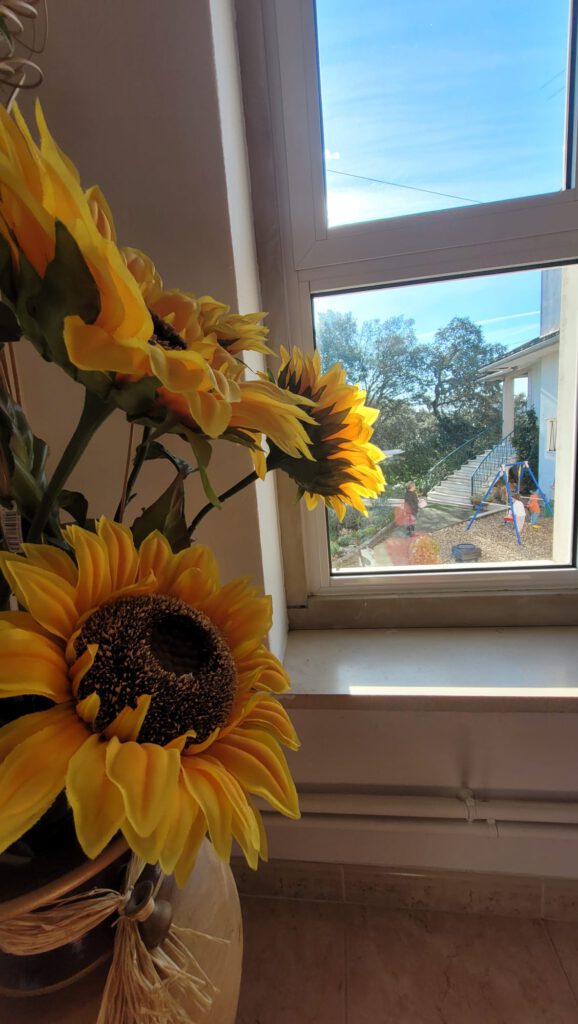
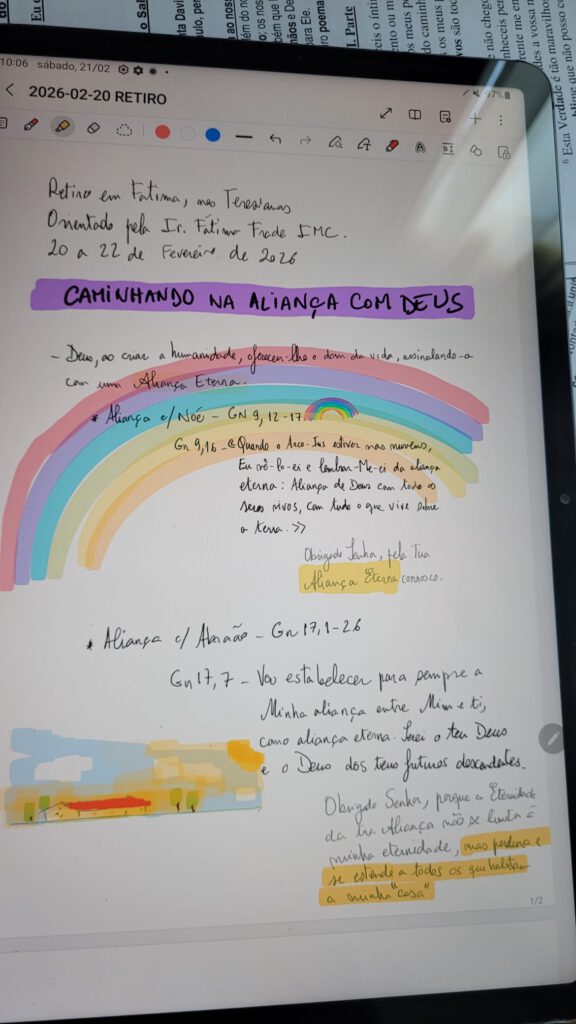
How blind I am!
How is it possible not to see You clearly in every encounter with others, especially those closest to me?
In every encounter I have, my heart should rejoice: “Courage! Let’s go to Heaven together!”
As St. Edith Stein said (more or less): “Lord, You never cease to take me out of the nothingness that I am, to bring my whole ‘house’ to You who are Everything!”
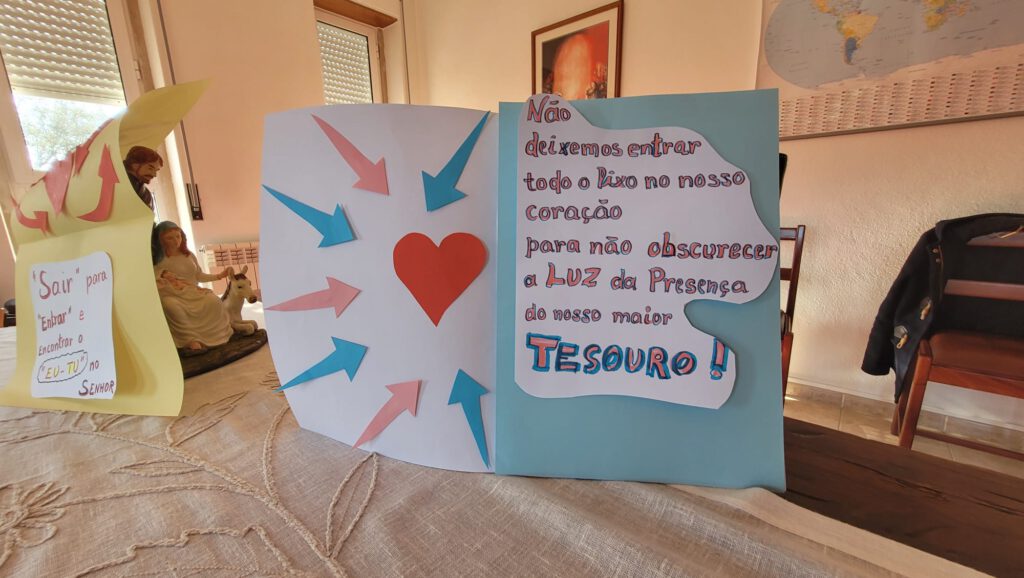
What a joy that You want me whole, with everyone who is part of my history, everyone, everyone, everyone, no matter how fleeting their passage through my life may have been!
And what a joy to know that You also find and desire me, through my presence (however fleeting it may be) in the lives of so many with whom You also establish Your Eternal Covenant!
What is our part in this Covenant?
God said:
– Hear, O Israel! (Cf. Deut. 6:4)
– Hear, O Adam! (Cf. Gen. 3:9)
– Where are you?
– Come out from among the trees of the garden where you hide from My loving Voice.
Behold, I have made a tunic (cf. Gn 3:22) to protect your heart from the cold that your estrangement generates in you (and in Me).
Behold, I have dressed you and imposed it on you, because I love you and do not want to lose you.
This tunic is My Law, it is the SHEMÁ (Dt 6:4-11).
Use all your heart, all your soul, all your strength to keep it.
This is My Covenant. If you walk in it, you and your household will be happy!
What guarantees do we have that the Covenant will not be broken?
The simple fact that God declared to Noah the eternity of His Covenant with us would be more than enough.
But God has reiterated this reality countless times throughout the history of salvation, despite humanity’s successive infidelities.
As if that were not enough, in the fullness of time, He gave His own Son to pay our ransom.
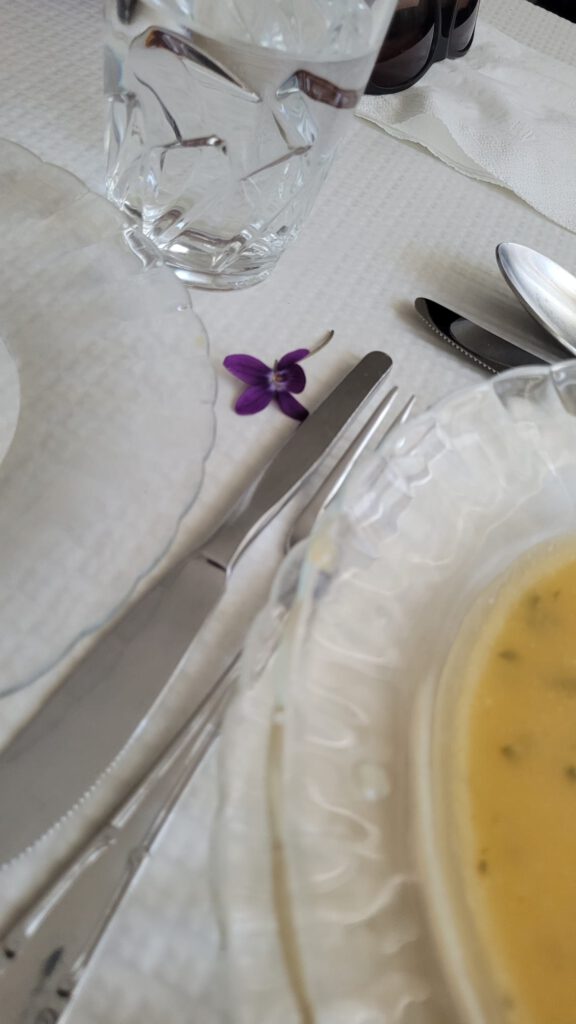
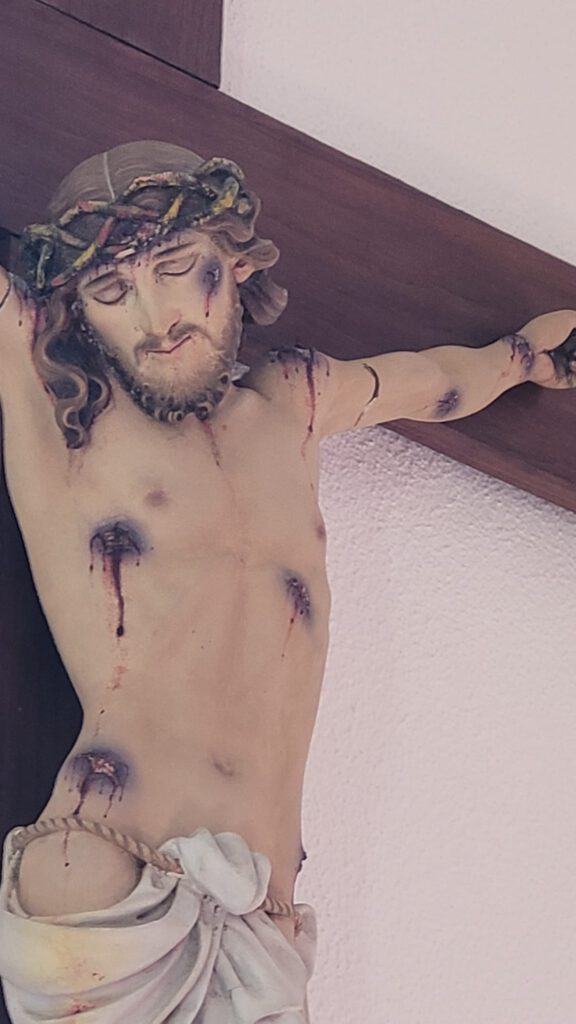
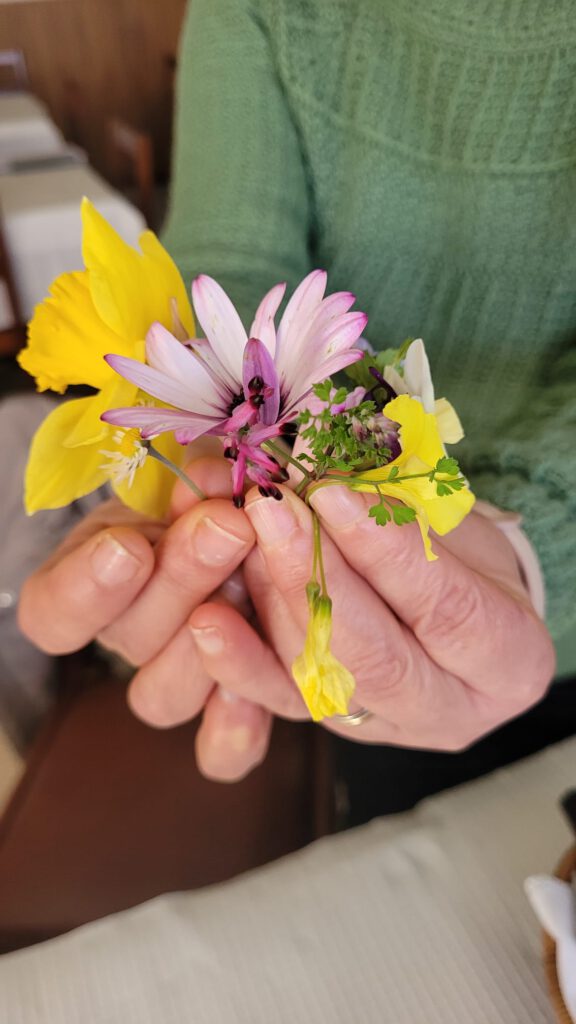
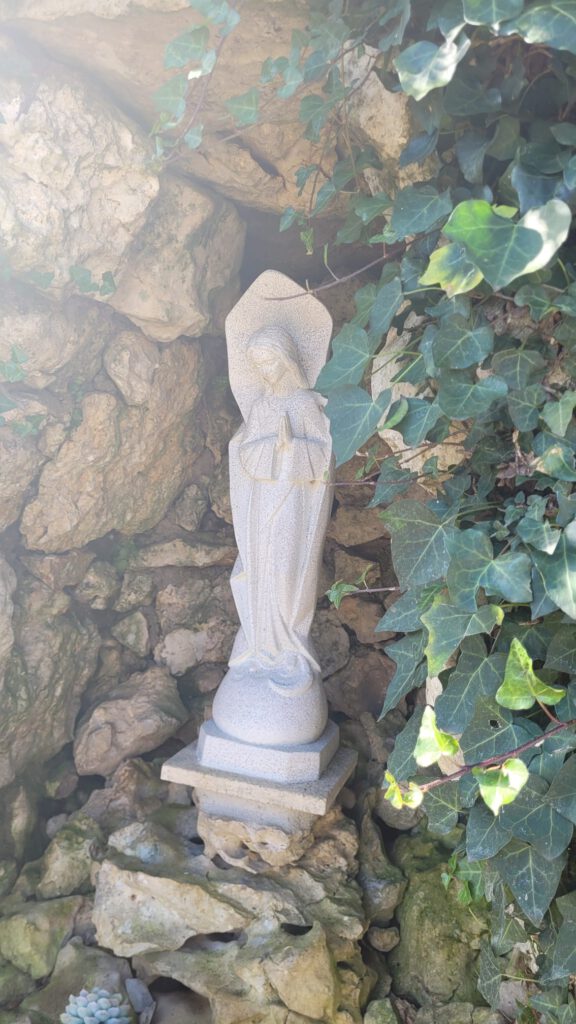
Jesus was nailed to the Cross, with no chance of escape or withdrawal. God gave everything for me, for my loved ones, for all of us!
The Eternal Covenant of immeasurable and infinite Love is only a yes away.
May God, through the intercession of Mary, all of Heaven, and our brothers and sisters on earth, help us to let down our guards and accept His plans for eternal and happy life!
I sincerely thank our sister, Sr. Fátima Frade, for all her work in preparing the retreat.
I also thank the Teresian Sisters for their kindness and hospitality in welcoming us once again to their home in Fátima.
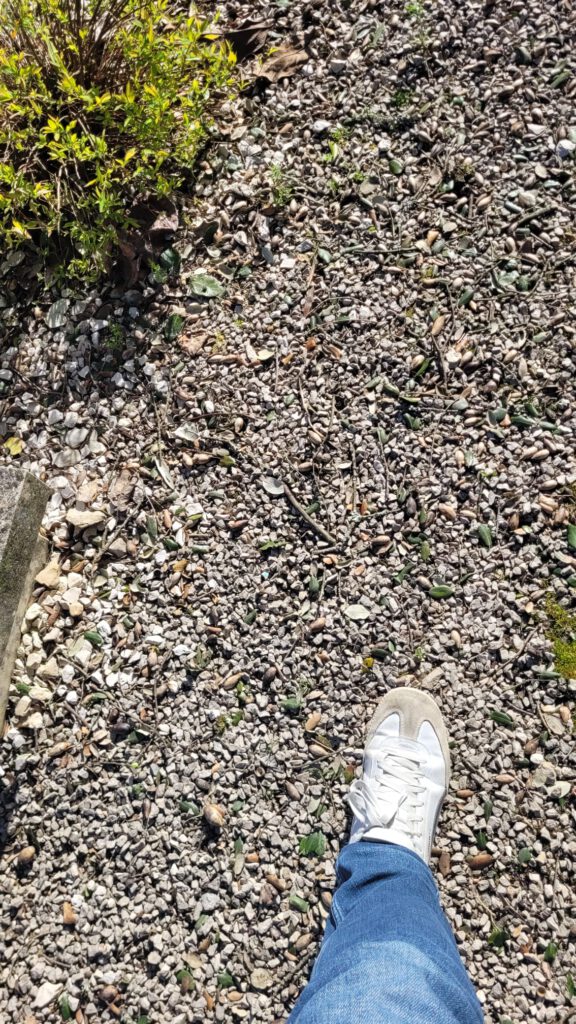
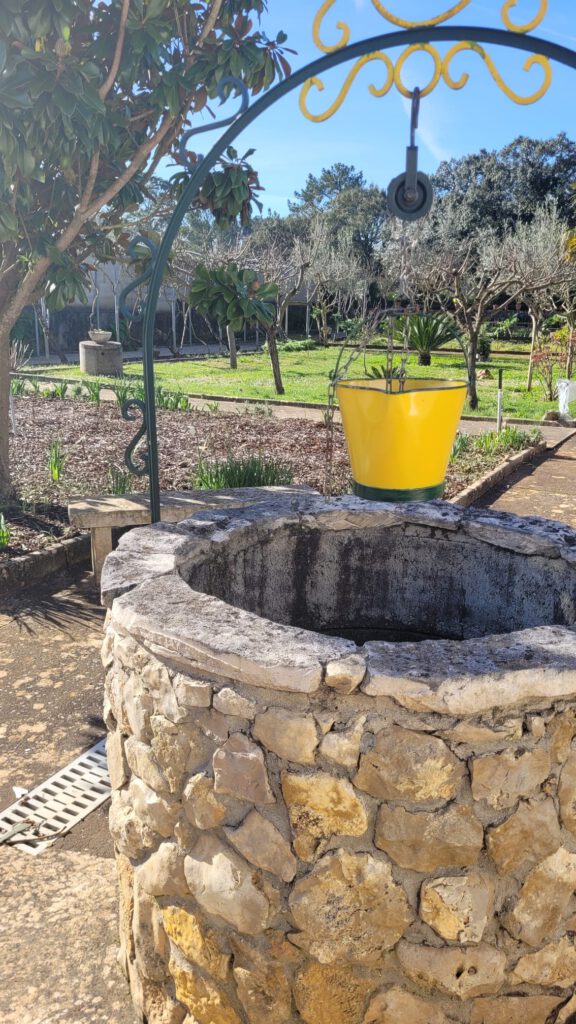
I wish everyone a Holy Lent as we journey towards the Lord’s Easter.
Pedro Moreira, CLM Portugal
Here is the link to how it appeared on the Portuguese blog:
https://leigosmissionarioscombonianos.blogs.sapo.pt/caminhando-na-alianca-com-deus-179331?tc=221931442240




